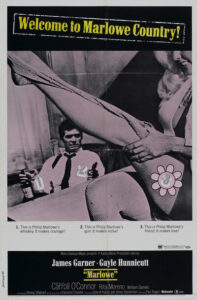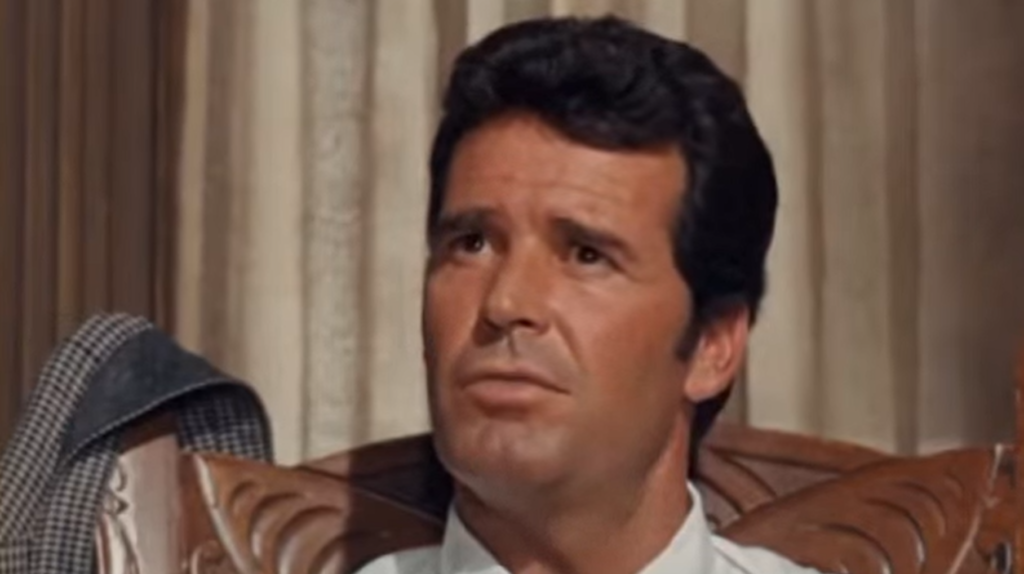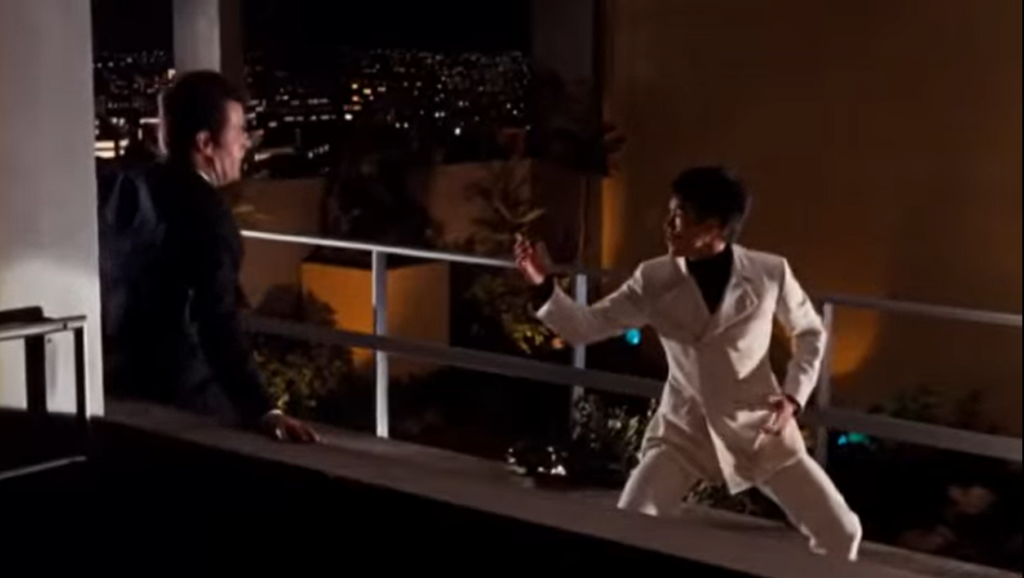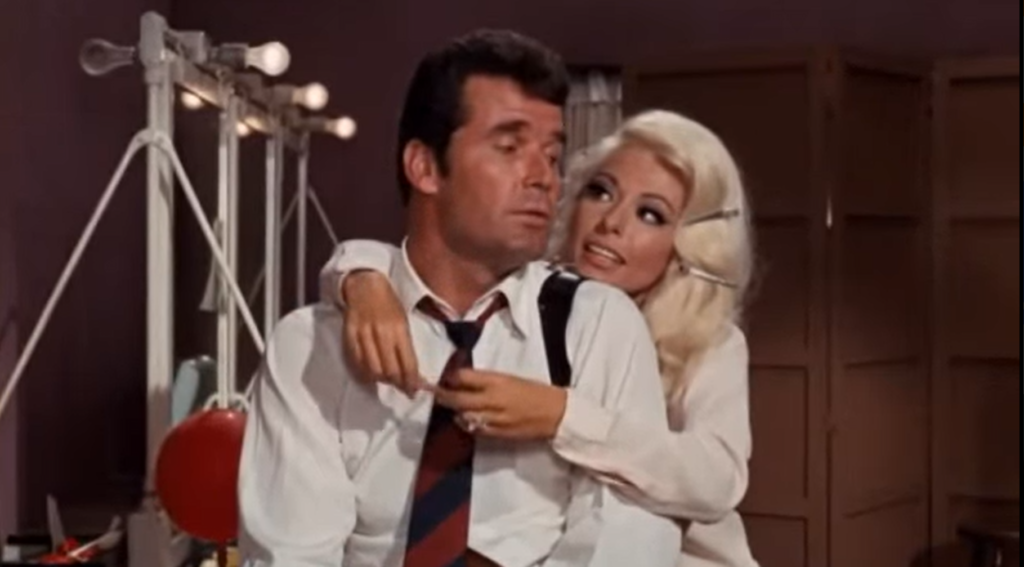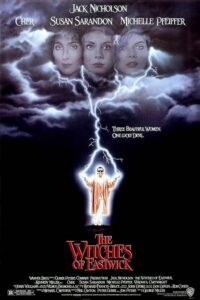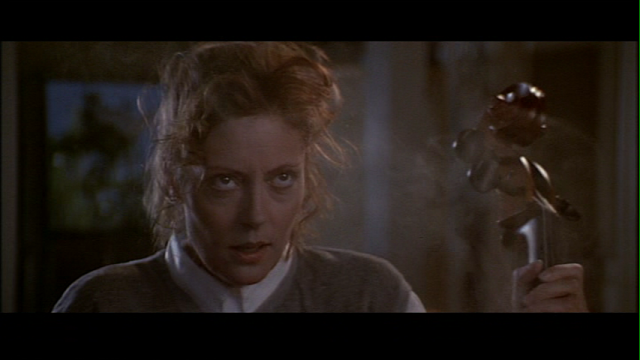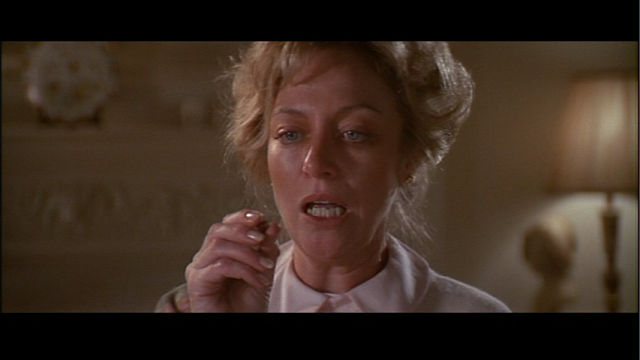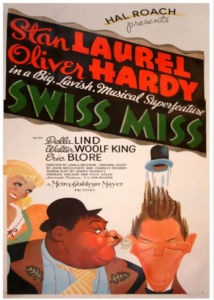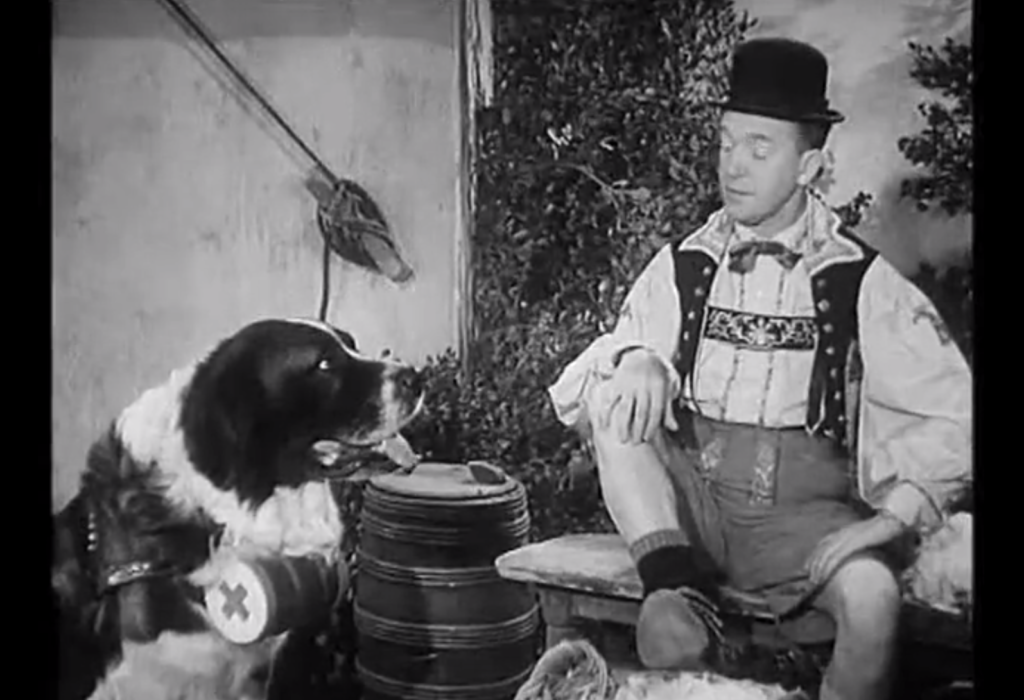Marlowe (1969)
“Does your mother know what you do for a living?”
|
Synopsis: |
|
Genres, Themes, Actors, and Directors:
Review: Meanwhile, the dense storyline — despite featuring a couple of clever plot twists at the end — is needlessly confusing, and introduces far too many supporting characters whose importance is either lost (after two viewings, I still don’t have a clue what Paul Stevens’ enigmatic Dr. Lagardie has to do with anything) or given short shrift (Carroll O’Connor as an embittered police lieutenant, Bruce Lee as a martial arts-wielding henchman, and Rita Moreno as Hunnicutt’s “old friend” all deserve better development). Ultimately, this one’s only must-see viewing for Chandler aficionados. Note: This was Lee’s first appearance in a Hollywood movie, and his presence is noteworthy — but his second (final) scene in the film is inexplicably insulting to his talents. Redeeming Qualities and Moments: Must See? Links: |
